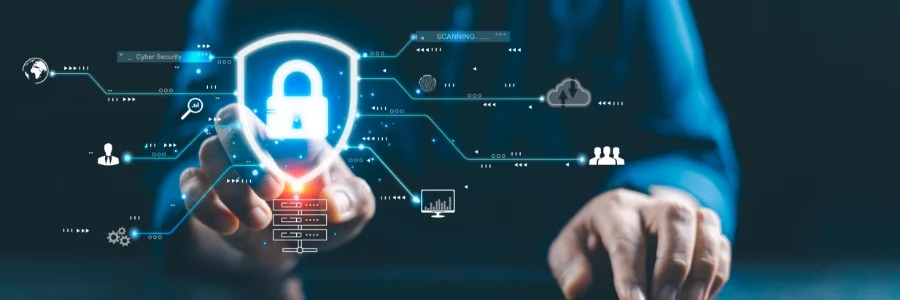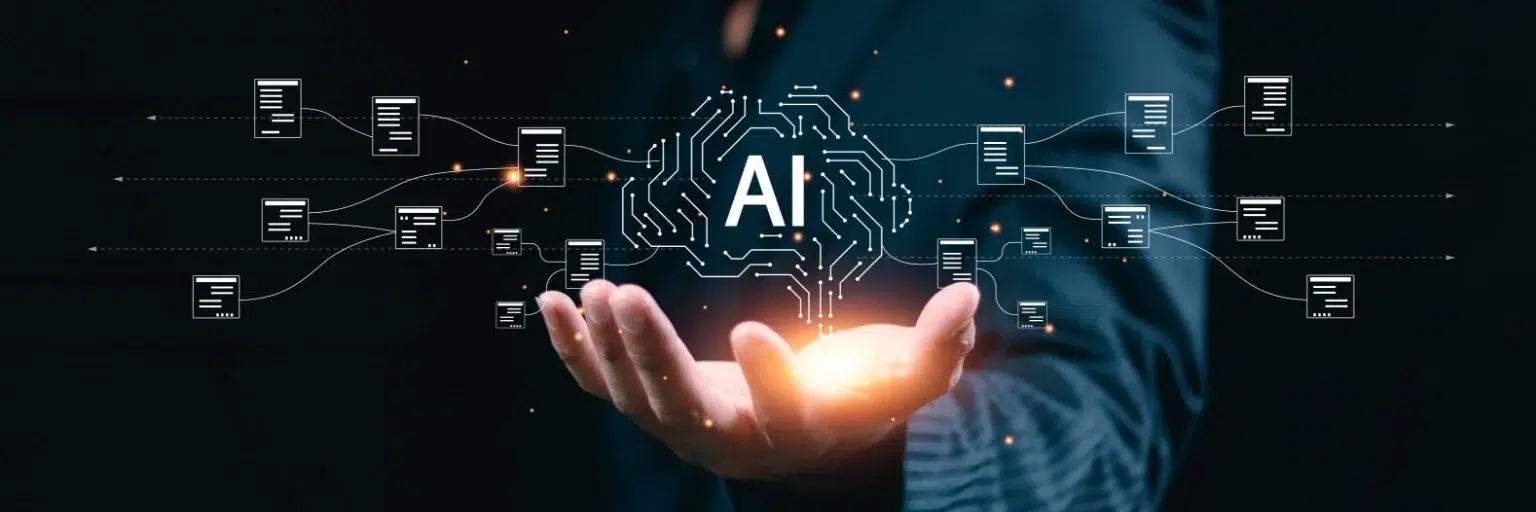In 2025, businesses are more connected and make greater use of the cloud and digital tools than ever before, resulting in greater efficiency, scalability, and accessibility. Yet, it also leaves businesses, especially small and medium-sized businesses (SMBs), more vulnerable to cyberthreats. In this new environment, cybersecurity has shifted from being a background concern to something that demands immediate attention.
Why SMBs need to prioritize cybersecurity
The need for SMBs to bolster their cyber defenses is driven by several key factors:
SMBs are being targeted
Many SMBs mistakenly assume they’re too insignificant to catch the eye of cybercriminals. Unfortunately, this misconception makes SMBs less likely to invest in sophisticated security measures, creating vulnerabilities in their systems and leaving them ill-equipped to prevent or respond to threats. Cybercriminals often prey on these weaknesses, launching targeted attacks that often result in data breaches, financial loss, or operational disruption.
Cyberattacks are evolving
Gone are the days of simple computer viruses. Modern cyberthreats are not only more frequent but also increasingly complex and tailored to each target.
Here are some of the most prevalent threats SMBs face today:
- Phishing – Phishing emails are designed to appear legitimate, often posing as messages from trusted sources, such as colleagues or business partners, to trick employees into divulging sensitive information or clicking on harmful links that infect systems with malware.
- Ransomware – This malicious software locks up victims’ data and/or steals a copy of data and demands payment for the decryption key or to delete the stolen data. However, there’s no guarantee that handing over the ransom will unlock your data back or keep it safe.
- Supply chain breaches – Cybercriminals target third-party vendors to exploit weaknesses and access systems. A single vendor’s poor security can expose an entire network.
Compliance pressures are mounting
With growing concerns over data privacy and security, governments and regulatory bodies are enforcing compliance with standards such as PCI DSS, HIPAA, and other industry-specific regulations. Failing to comply can lead to huge penalties and reputational damage that SMBs may never recover from.
The consequences of cyberattacks can be devastating
Neglecting cybersecurity doesn’t just put sensitive data in danger; it can threaten the very survival of a business. Cyberattacks can cripple critical systems, leaving businesses unable to function or serve customers, sometimes for days or weeks. Beyond these disruptions, the financial losses and reputational harm caused by such breaches can have long-lasting and significant consequences, including business closure.
Essential cybersecurity practices for SMBs
Follow these steps to strengthen your business’s cybersecurity:
Run regular risk assessments
Evaluate your systems regularly to identify vulnerabilities before cybercriminals exploit them. Uncovering your weak points is the first step in making targeted improvements and staying secure.
Use network security tools
Firewalls, DNS filters, and intrusion detection systems can block potential attacks. Moreover, implementing network segmentation adds another layer of security by dividing the network into smaller sections. This limits the spread of a threat, ensuring that if one portion of your network is compromised, the rest remains protected, minimizing potential damage.
| Read also: Network security: Essential components small business owners need to know |
Use multifactor authentication (MFA)
Passwords alone are no longer enough. MFA requires another verification method, such as a code sent to your phone or email, providing an extra layer of protection against stolen credentials.
Limit use of administrator accounts
Privileged accounts such as those that have administrator-level permissions should be separated from day-to-day accounts. Even as the owner or manager of the company, your regular account should not have administrator-level rights. Use dedicated administrator accounts that are only used for these purposes. That way, even if an attacker was able to compromise your account, they wouldn’t have administrator privileges.
Secure endpoint devices
With remote work becoming the norm, laptops, smartphones, and tablets are now potential entry points for cyberthreats. Endpoint protection tools can monitor these devices, blocking threats before they cause harm.
Back up your data
Set up a secure backup system that stores your data off site, and test it frequently to make sure it works properly. Should you fall victim to ransomware, your backup allows you to recover your critical information without paying the ransom. Ensure you have offline copies of backup data that could not be tampered with if your system was breached.
Train your team
Human error is a leading cybersecurity risk. Conduct regular workshops to educate employees about spotting phishing scams, setting strong passwords, and keeping sensitive information secure. An informed team is the strongest defense against cyberthreats.
Partner with a managed IT services provider (MSP)
Outsourcing your cybersecurity needs to a trusted MSP gives you access to expert support, 24/7 monitoring, and regular updates, all at a cost that’s often more affordable than developing an in-house IT team.
Are you ready to strengthen your company’s security posture?
The IT experts at Fidelis are here to help. From risk assessments to ongoing monitoring, we’ll take the complexity out of cybersecurity and help your business succeed. Get in touch with us now to get started.




